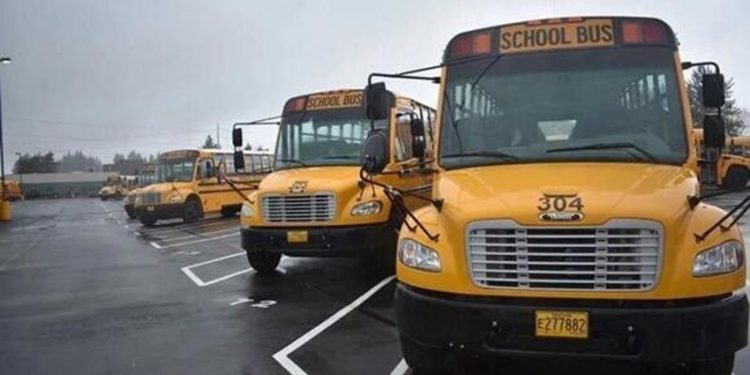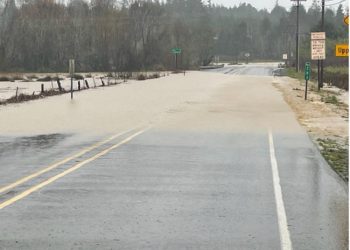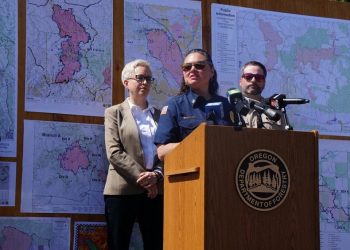Astoria, OR – Oregon is set to implement two new laws beginning January 1, aimed at enhancing school safety and increasing transparency in school board operations.
One of the laws will allow school districts across the state to install cameras on school buses to catch drivers who illegally pass stopped buses. The move comes in response to ongoing concerns over the safety of students as they board or exit buses, a critical time when children are most vulnerable to traffic accidents. The cameras will record violations, providing law enforcement with video evidence to issue citations to drivers who disregard the flashing stop signs and lights.
Brad Earl, the Assistant Superintendent of Operations for the Medford School District, expressed support for the initiative, noting that the cameras would provide invaluable evidence in holding drivers accountable. “We will work directly with our local provider to probably pick some key routes where we know there are some dangerous situations and start with those, kind of pilot them,” Earl said. “Then, we will expand into other routes as we see how it works.”
Though the program is expected to improve student safety, officials are still evaluating the costs associated with installing and maintaining the cameras. Initially, the cameras will be placed on buses serving routes known for safety concerns, with the potential for broader implementation in the future.
The second new law requires school boards throughout Oregon to record and publish their meetings online. The goal is to increase transparency and ensure that the public has easier access to school board proceedings. While many districts have already been recording and broadcasting their meetings since the COVID-19 pandemic, this law will make it mandatory for all districts to comply.
Brent Barry, Superintendent of Phoenix/Talent Schools, acknowledged that the law could present challenges for smaller and rural districts, particularly those lacking dedicated technical support. “It can be as simple as recording something on a laptop and then posting it,” Barry said. “But for smaller rural districts, it might require more resources to ensure compliance.”
Under the new law, any school board that fails to record and post its meetings online could see decisions made during those meetings voided. However, the law does not apply to private schools, districts with fewer than 50 students, or school boards that do not have internet access.
Both of these new laws are part of a broader legislative package designed to improve safety, transparency, and affordability for Oregon residents. While school safety and public access to decision-making are top priorities, lawmakers hope the changes will also foster trust between local communities and the educational system.













